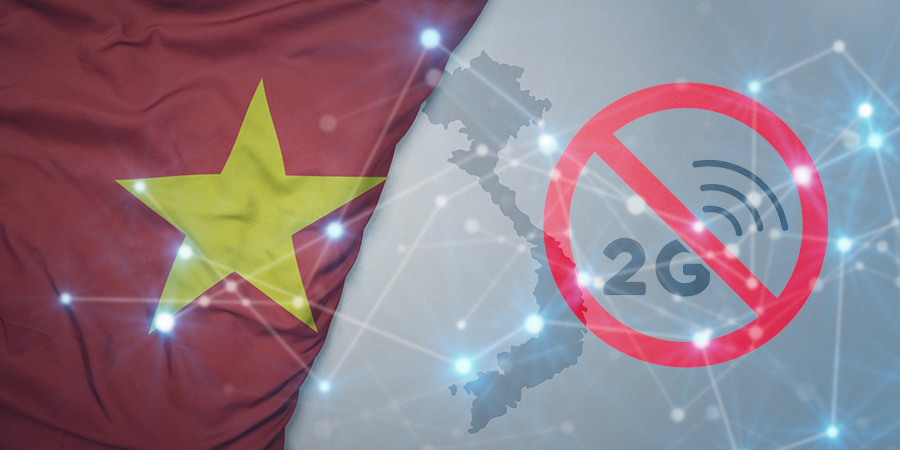Vietnam will start blocking signals for 2G-only mobile phones next month, as part of a larger plan to phase out 2G service later this year.
The Vietnam Telecommunications Authority (VTA) has reportedly directed all mobile operators to stop accepting subscribers with phones that only support 2G technology unless they are on the Ministry of Information and Communications' (MIC) list of conformity certification.
The VTA recommended that users contact their mobile service providers for further information and instructions. They can also contact the Telecommunication Quality Metrology Centre to obtain a list of 2G phone models that have been cleared by the MIC. The list is available on the TQC website.
The MIC announced in December that it plans to phase out 2G by September 2024, when the current 2G spectrum license for telcos expires. It had originally planned to phase out 2G by the end of 2023. The MIC also intends to auction the 5G spectrum sometime this year.
The MIC has prohibited the import of 2G devices since 2020, but they are still being imported through the grey market. According to a report, Vietnam still has approximately 15 million 2G subscribers.
Why Phase-Out 2G?
With the rapid advancement of telecommunications technology, particularly in the realm of mobile networks, 2G technology is becoming outdated. Phasing out 2G allows Vietnam to allocate resources towards more advanced and efficient technologies like 3G, 4G, and 5G, which offer faster data speeds, better connectivity, and support for more advanced services and applications.
Spectrum is a limited resource, and reallocating spectrum currently used by 2G networks to newer technologies allows for more efficient use of this valuable resource. By shutting down 2G networks, Vietnam can repurpose spectrum for newer technologies that can better meet the growing demands for data and connectivity.
Maintaining legacy 2G networks can be costly for mobile operators. By phasing out 2G, operators can reduce operating expenses associated with maintaining outdated infrastructure and invest in newer technologies that offer better returns on investment.





